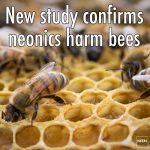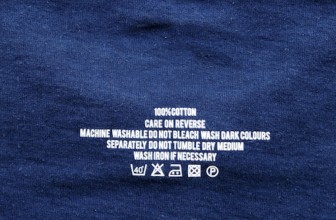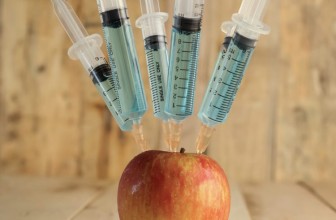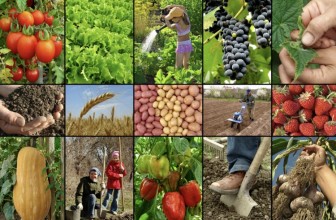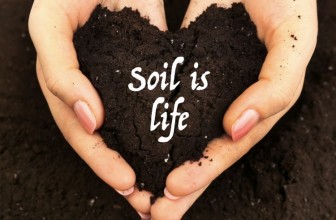Glyphosate Transparency

Monsanto’s glyphosate, the active ingredient in the world’s most ubiquitous herbicide, is entwined in one of agriculture’s most controversial battles. On one side, independent and peer-reviewed science compiled by the World Health Organization lists glyphosate as a probable carcinogen. On the other, Monsanto continuously assures the world of the environmental safety of its product. Who should you believe?
According to the Cornucopia Institute, the European Parliament requested that Monsanto make all of their data and research on glyphosate available to the public. This will give independent scientists the opportunity to analyze and determine whether or not Monsanto’s claims are supported by their own data. Monsanto has been accused of doctoring and paying off research organizations to produce such data in the past. There are even claims that the US National Cancer Institute has withheld unpublished data supporting the use of glyphosate. Where is the transparency?
With all of the recent controversy surrounding the safety of glyphosate, why would you continue to use it? Glyphosate products are already listed as carcinogenic in the state of California. If there were even a small chance that an apple had been poisoned, would you eat it? Most likely not. So why does this happen every single day? Instead of relying on synthetic chemicals that have permeated the agricultural system for half a century, let us move towards innovation and progress, promoting organic systems that are safer, natural, and beneficial to our planet. Neem-based products in agriculture are the future. What’s on your food?


